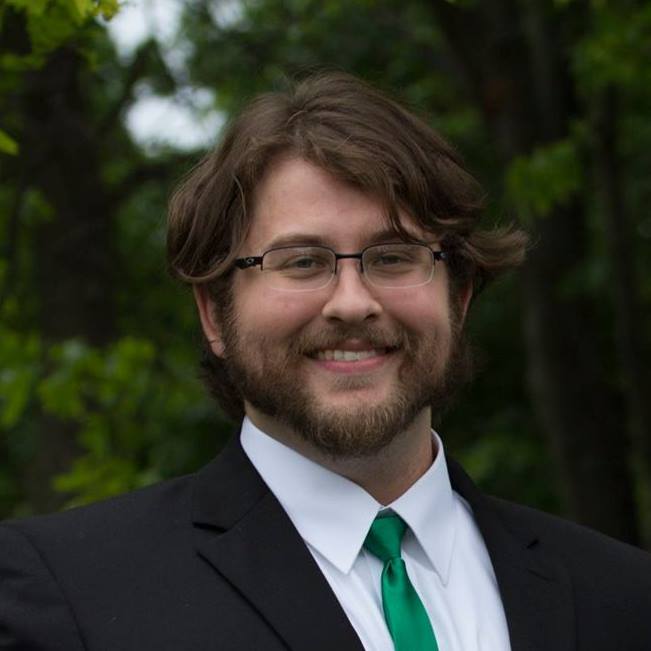Policy areas are problematically compartmentalized. For instance, labor policy is generally taught separately from other disciplines, has dedicated think tanks, and consists of interest groups that seek money to fund narrowly focused projects. This is not an indictment of labor policy nor its practitioners; it is a widely true phenomenon for all policy areas. Money, and certainly time, are zero-sum. Every would-be policy expert, every hour of research, and every dollar that goes to one area does not go to the rest.
While compartmentalization has always been academically problematic, in practice it worked well. After all, it is just ‘specialization and division of labor’ when you get down to it. However, COVID-19 has given us a fine reference point of compartmentalization becoming a practical problem. Of all the barriers between policy areas that COVID-19 might invite us to break down, including imagined walls that keep the value of experts in the humanities (e.g. bioethics) and social sciences (e.g. political science and sociology) out of the policy conversation, the imagined palisade between labor and health policy needs to go first.
I anticipate the automatic response from those not already sympathetic to the idea will be to suggest that labor and health policy are already deeply interwoven. Look no further than employer-based health insurance and the existence of the Occupational Safety and Health Administration (OSHA) within the U.S. Department of Labor. Unfortunately, OSHA and the U.S. health insurance system often perform sub-optimally, to say the least. Moreover, while the Canadian system is better, it nevertheless has shortcomings of its own.. Sick leave entitlement ranges from 3 days in Manitoba to 26 weeks in Quebec, all of which are generally unpaid. The Canadian government expects support might come from the Canada Pension Plan and/or from Employment Insurance.
That said, these are more the health aspects of labor policy, whereas my aim is to suggest that we see parts of labor policy as health policy. Health is cumulatively affected by sick leave, wage protection, maternity and paternity leave, and tools for absorbing the impacts of personal emergencies. While this is no secret, those effects were often seen as indirect and couched in ideas like work-life balance and overall quality of life. What we can now see clearly by the light of the swamp gas flares over humankind’s newest mass graves is that these things impact not just having a high quality of life, but rather having life at all.
Around the world, millions must work because of their financial circumstances, employer demands, or government classification of their work as ‘essential’ service. When labor policies and culture lead one to a forced choice of accepting huge risks of infection, and even death, often in exchange for very little pay and otherwise poor treatment, something must be done. I am confident that in the absence of these pressures most people would take appropriate precautionary measures and would exhibit an abundance of caution in regards to their own health and wellbeing, and that of others.
Unfortunately, we do not have the option of testing this hypothesis in a controlled experimental setting. Interestingly, the popular online game World of Warcraft (WoW) offers us a rare, and oddly relevant, ‘natural’ experiment from which to gain insights into COVID-19. In 2005, WoW saw an accidental plague (known as the Corrupted Blood Incident, and actually used as a model by epidemiologists today) wipe out all its major population centers and other population knots. Here, without work pressure, people did everything correctly: abandoned densely populated cities, self-isolated, started clean zones where one had to be cured or proven to be clean before even approaching others, and so on. Policy needs to protect these good instincts. Work should not make one ‘risk it’ and policy needs to step in to control for self-interest, even greed, within the hearts of some corporate entities and their leadership.
But policy needs to go a step further. Notice I said that (1) WoW’s players did everything right and (2) that cities were wiped out. Quarantine is a start. WoW saw programmer-imposed quarantines, but it was not enough. It took a treatment. A cure.
Of course, it is not the role of politicians and policymakers to propose cures – especially not cures found in a cleaning supplies aisle – but it is on them to make sure the people are protected and research is supported. It is on them to ensure that the truly needed work is done and that those deemed ‘essential’ are never required to risk their health for profits they do not share.
It is time to cast off our conceits and come together. After all, labor policy is health policy.


